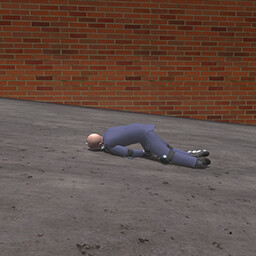Install Steam
login
|
language
简体中文 (Simplified Chinese)
繁體中文 (Traditional Chinese)
日本語 (Japanese)
한국어 (Korean)
ไทย (Thai)
Български (Bulgarian)
Čeština (Czech)
Dansk (Danish)
Deutsch (German)
Español - España (Spanish - Spain)
Español - Latinoamérica (Spanish - Latin America)
Ελληνικά (Greek)
Français (French)
Italiano (Italian)
Bahasa Indonesia (Indonesian)
Magyar (Hungarian)
Nederlands (Dutch)
Norsk (Norwegian)
Polski (Polish)
Português (Portuguese - Portugal)
Português - Brasil (Portuguese - Brazil)
Română (Romanian)
Русский (Russian)
Suomi (Finnish)
Svenska (Swedish)
Türkçe (Turkish)
Tiếng Việt (Vietnamese)
Українська (Ukrainian)
Report a translation problem




















Go fall in a ditch.
1. His bullets do more damage than mine!
2. I didn't know he was there and he shot me when I wasn't paying attention!
3. He always seems to not die when I am shooting at him I NEVER MISS because I am the greatest CS:GO player of all time!
4. He knifed me!
5. I lost the match and he caused me to derank!
6. I did better than him during warm-up, so he clearly toggled on mid-match!
7. His USP-S killed me in 1 shot despite me unloading my Glock in his general direction!
It’s also good to note that the truthfulness of a statement does not necessarily correlate with how quick the maths is. Any mathematical equation or expression can be classified as quick maths, as long as the expression is a part of a procedure intended to solve a mathematical problem in a swift and efficient manner. This is assuming that the definition for mathematics also encompasses processes where a mistake could be present, thereby possibly resulting in statement that may not be necessarily true under the assumed set of axioms.